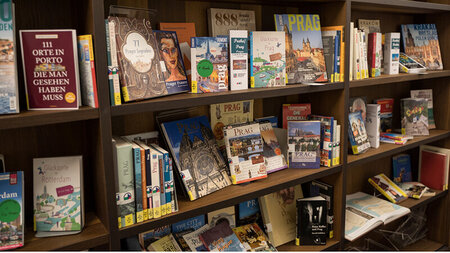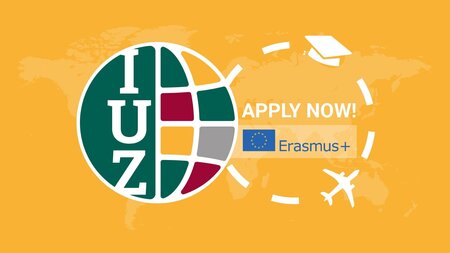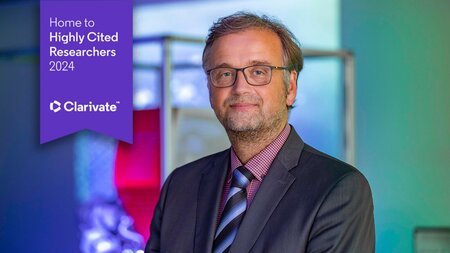Sports As A Social Phenomenon
Eleven Questions for Jun. Prof. Dr. Torsten Schlesinger, who has held the Junior Professorship of Sport and Exercise Sociology (with focus on Health Management) since November 2015
-

Jun. Prof. Dr. Torsten Schlesinger: "Social and economic issues play a key role in the relationships among sports, exercise and health." Photo: Uwe Meinhold
Jun. Prof. Dr. Torsten Schlesinger (40) has held the Junior Professorship of Sport and Exercise Sociology (with focus on Health Management) since November 2015. In eleven answers, he gives “University News” readers a glimpse into his background, his goals and his time in Chemnitz.
What does it mean to specialize in Sport and Exercise Sociology (with focus on Health Management)?
Sports sociology deals with sports as a social phenomenon. It’s about the observable interplay between society and sports: firstly, how and in what ways society affects sports. Secondly, we are interested in those effects that originate from sports and have an influence on society. Thirdly, sports sociology observes specific internal structures of sports. Prioritization in the area of health implies that primarily the relationships among sports, exercise and health are in focus and primarily from a control theoretical perspective.
The TU Chemnitz is the right choice for me as a junior professor, because ...
... the Junior Professorship of Sport and Exercise Sociology (with focus on Health Management) is the only one of its kind in Saxony. We take into consideration the fact that social and economic issues play a key role in the relationships among sports, exercise and health. Furthermore, in keeping with the TU’s research profile, there are interesting opportunities to connect with other disciplines both within and outside of the faculty.
Can you tell us a bit about your academic career so far?
I completed my doctorate at the TU Chemnitz. Afterwards, I moved to the University of Bern for seven years, where I was initially a senior assistant and later a lecturer in Sports Sociology. I completed my habilitation there in 2013. I was also a Research Fellow for a few months at the Western University in London (Ontario, Canada).
Describe your years of study in only a few words.
Exciting, horizon-broadening, valuable experiences and encounters, varied, social and, last but not least, sporty.
Did you have role models during your studies who encouraged you to pursue a scientific career?
My professors definitely got me interested in Sports Sociology topics. My curiosity was especially piqued by the fact that things often are not what they seem when you look at them from a sociological perspective.
Do you have any advice for young students and graduates?
Consciously and actively stand up for what really interests you. You should also have the courage to step aside now and again in order to reflect and do things apart from your career maneuvers while trusting that you will still reach your goal.
What would you like to achieve in your teachings in the future?
First and foremost, I want to get students interested in topics in Sports Sociology and issues in Health Management. If I can accomplish that, then I can impart job-related knowledge more easily and students are better able to apply the knowledge they gain in their everyday professional lives according to the specific problems and settings they encounter.
What impact does your research have at the TU Chemnitz?
I want to make an impact regarding the protection and optimization of institutional and infrastructural conditions of health promotion through sports and exercise. This goes along with the fact that working on a problem is not over when a diagnosis has been assigned. Rather, research results need to be applied through concrete actions in order to ensure that the problem diagnosis can also make an effective contribution to solving the problem.
There are around 45,000 professors at German universities. What distinguishes you from all others?
I assume that every professor has developed specific expertise in their domain that sets them apart.
What is your favorite place to show guests in Chemnitz?
The Clubkino Siegmar movie theater – unusual ambience and interesting taste in movies!
How do you play a part in the life of the city?
We designed the “Sports Development Plan 2020” for Chemnitz. This is still an essential basis for the communal sports development planning in this city. Many of those measures regarding development of infrastructure and offerings have already been implemented or have been set in motion.
More information about the Professorship: https://www.tu-chemnitz.de/hsw/ab/prof/sportsoziologie
(Translation: Sarah Wilson)
Mario Steinebach
02.08.2016





